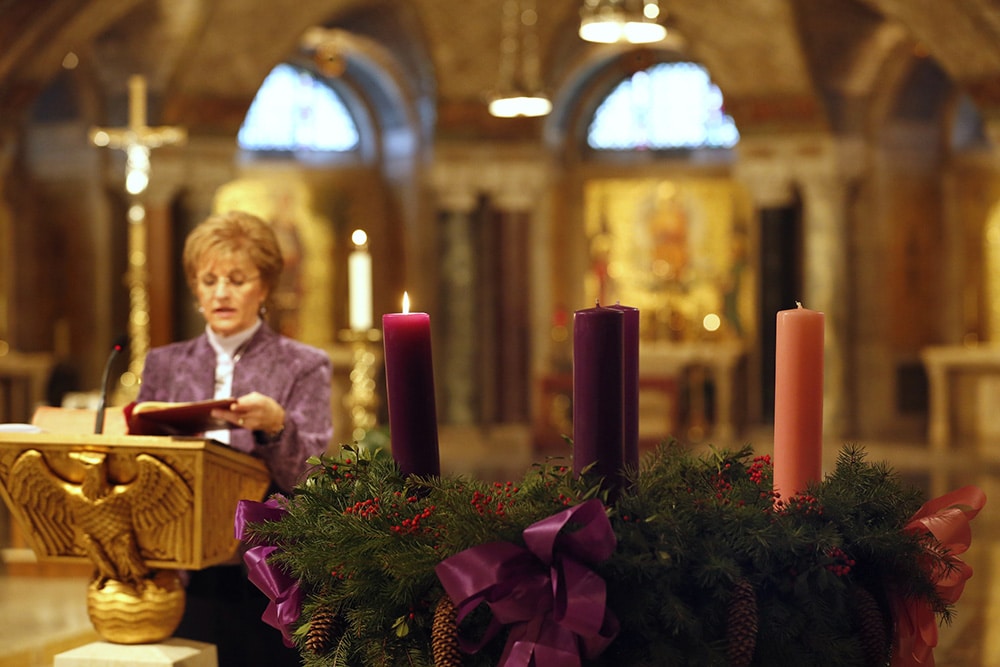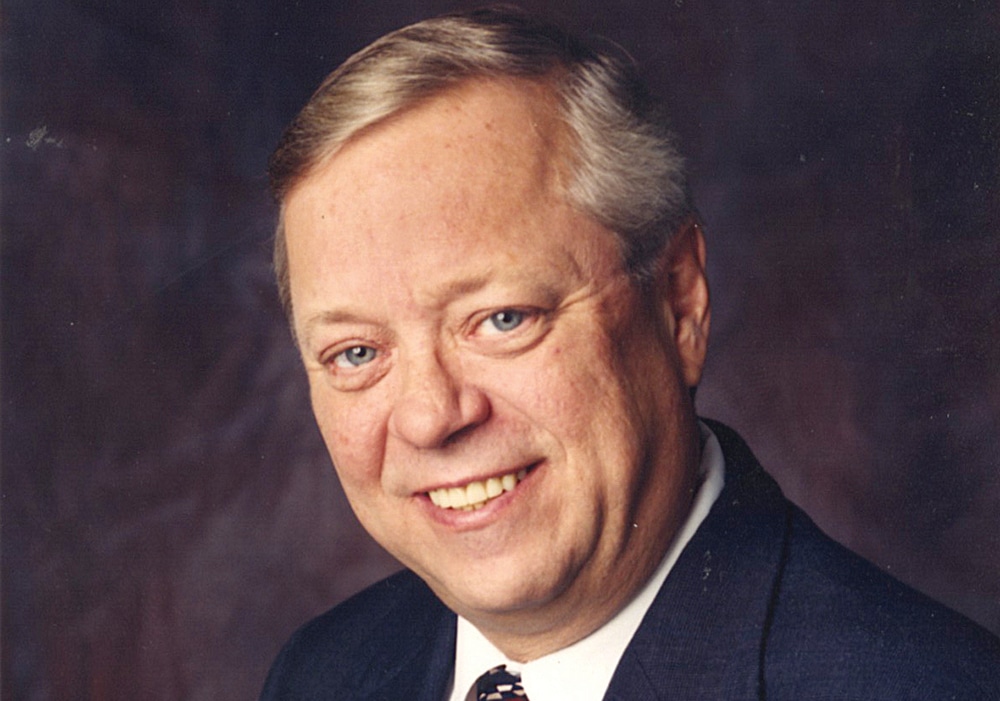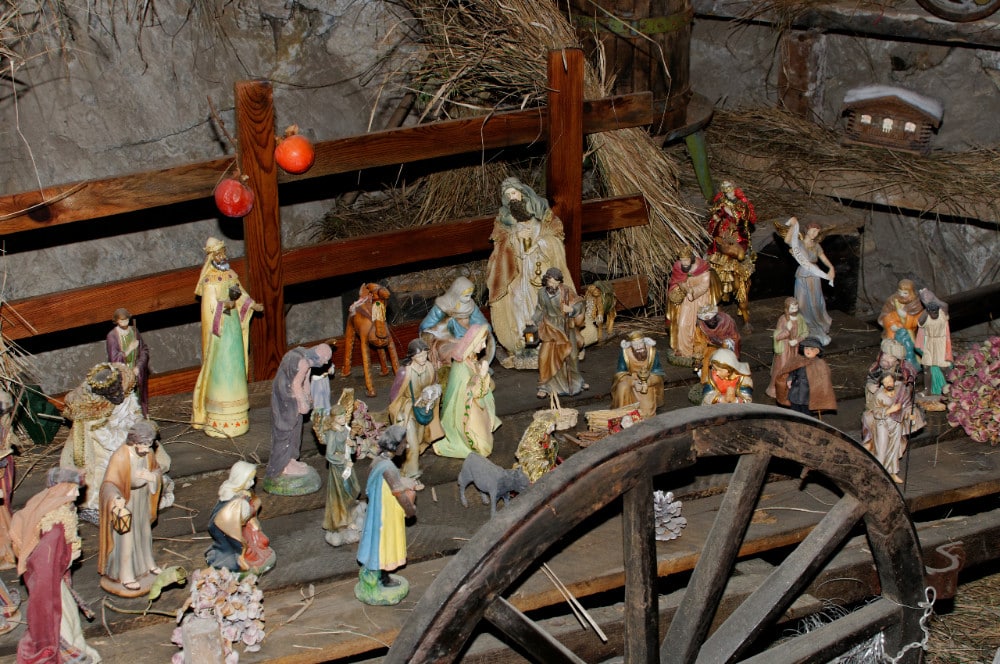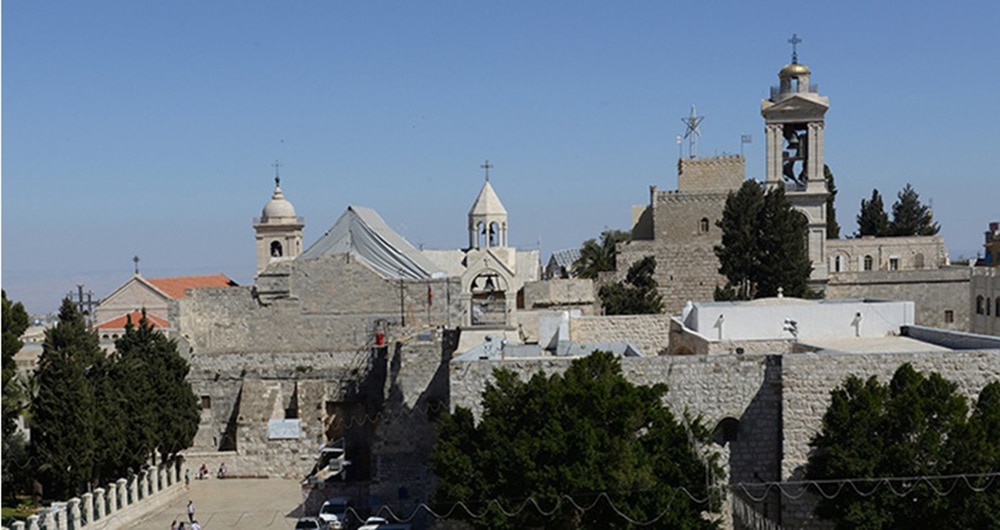Belief in the modern age is often misunderstood.
First, we can see belief as an irrational leap into the absurd. When Bill Nye critiques religion, particularly Christianity, he reduces belief to such a leap into the unknown.
But Nye is not alone. Some Christians understand belief as devoid of a coherent logic. We believe Christ rose from the dead because we feel that it’s true, and that’s enough.
Second, we can also see belief as a way of expressing truths that are discernible through naked human reason. When Jesus Christ is born in a hidden stable, what is revealed is the hidden power of smallness. Once we have the principle — what preachers often refer to as the “message” of the Scriptures — we can move on. We know the “meaning” of the story.
Mary shows us a third way of understanding belief, one more proper to the disciple of Jesus Christ. On the fourth Sunday of Advent, we encounter Elizabeth and Mary engaged in a joyful dialogue.
| Fourth Sunday in Advent – Dec. 23, 2018 |
|---|
|
MI 5:1-4A
PS 80:2-3, 15-16, 18-19
HEB 10:5-10
LK 1:39-45
|
Elizabeth cries out, almost like a prophet, “‘Most blessed are you among women, and blessed is the fruit of your womb'” (Lk 1:42).
Why is Mary blessed? Certainly, her womb has become the space of salvation. Through her fiat, God has entered into time and space.
But Elizabeth doesn’t focus on this particular blessing. Instead, she proclaims, “Blessed are you who believed that what was spoken to you by the Lord would be fulfilled” (Lk 1:45).
Mary is blessed not simply because God has chosen her to be Mother of our Lord. She is blessed because she has believed. In Mary, we see crystallized the totality of belief.
Mary has scrutinized the Scriptures, knowing that the fullness of time — the redemption of Israel — is at hand. She has contemplated in her heart the prophet Micah, who promises the birth of the great king. She is practiced in the Psalms, calling out frequently to God, “O God, restore us; light up your face and we shall be saved” (Ps 80:4).
She knows what God has accomplished in Israel. She has given herself over to the event of salvation, to the wondrous love of a God who has entered into covenant with Israel.
Her belief is not irrational. It is grounded in the history of Israel. It is grounded in her contemplation of the Scriptures, the recognition that God will act soon.
Her belief is not reducible to a series of principles that she can discover apart from the story of salvation. For who could imagine that God would enter into history in this way? Through becoming one of us? Born among the beasts, yet fed by angels?
Mary’s response to the angel Gabriel in the Gospel of Luke functions as an icon of belief for the Christian: “Behold, I am the handmaid of the Lord. May it be done to me according to your word” (Lk 1:38).
God has wed himself to humanity through the birth of Jesus Christ. God has dwelled among us. A love that is beyond all telling is the meaning of the world. A love that is beyond all telling has become flesh, a person, our brother. And thus we stand in hope, knowing with the eyes of faith that this God is not finished. This God will act among us here and now.
Only if we take up this posture of belief, this knowledge of God’s absolute power of love, will we see the new things that God is doing in our midst.
Today is born our Savior, Christ the Lord.
Timothy P. O’Malley, Ph.D., is managing director of the McGrath Institute for Church Life.







